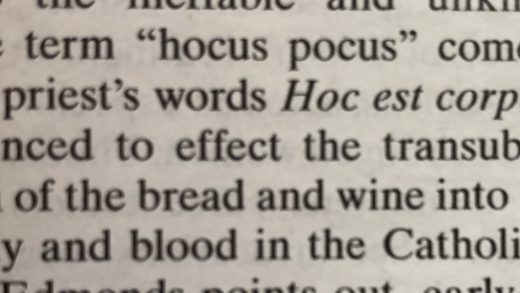Arthur Schnitzler‘s story “Blind Geronimo and His Brother” describes two seemingly wayward Italian brothers, one of whom is devoted to the other. Geronimo is blind, and Carlos is to blame for this. A childish game had cost Geronimo his sight, and Carlos has been forever in debt to him as a result.
Set in the 19th century in northern Italy, the story finds Geronimo and his brother at a way station for travelers between towns. The brothers have no home, but wander from place to place. Geronimo sings and plays guitar and his brother collects money. Although Geronimo is dependent on his brother, the latter is equally dependent upon him.
One day after listening for a while to Geronimo play, a traveler deposits a franc into the cup at the moment when Carlo has left the room. The traveler then gives Geronimo some advice, that no one confuse the twenty-franc coin he’d just deposited for less.

After Carlo returns, the traveler leaves, and the day is done, Carlo counts their earnings and finds only the franc, but Geronimo only knows what he’s heard. When he asks his brother if he can touch the gold, twenty-franc piece, Carlo says none is given. But Geronimo doesn’t believe him, and the unresolved tension from years before comes forth.
Because of the profound emotional debt that Carlo has already been carrying for his brother’s blindness, this turn of events is deeply affecting. All of what he’d done for his brother has been suddenly discounted. Carlo eventually plans to steal twenty francs in order to provide it to Geronimo, claiming that he’d only kept back the money so that the former wouldn’t have spent it indiscriminately.
That night when everyone’s asleep Carlo slips into the room of a traveler and secrets the money from his wallet. Before dawn Carlo convinces Geronimo to leave the inn where they’d been and keep moving. They are off and seem to have left behind the theft.
But then on the road a constable appears and takes them into custody. Carlo’s joy in getting away with the theft has been cut short. At first Geronimo doesn’t know what’s happened. But then, suddenly he expresses to Carlo his thanks and love. Carlo is relieved, ecstatic, and unafraid of what consequences lay ahead.
Recounting the plot of this story has forced me again to consider why I am doing this. Is it possible to tell the story in 600 words in any meaningful way? Is whatever beauty of the narrative not necessarily going to be lost in the effort of recounting the story? Have I done anything other than provide a draft for an unscrupulous student who needs to write a précis of her own?
The original motivation was moored by the conviction that any act of retelling is also already an act of interpretation. But it also seemed to be a significant act to make the effort to retell the story, even though it implies that the plot is the heart of the story.
Would you like to know more about what I’ve read during this month of short stories?



